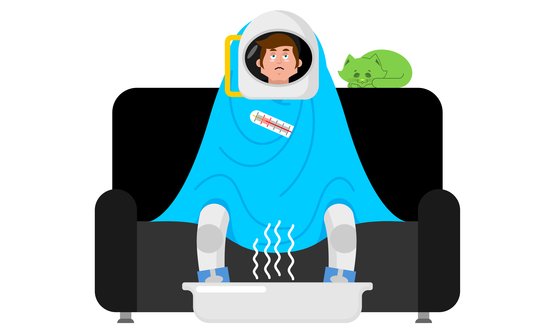Study backs UpToDate support
- 22 November 2012
A study has shown that clinical decision support can help clinicians to make quicker diagnoses and give patients more accurate treatment.
The survey was carried out for six weeks at 12 hospital trusts in the north west of England, using a decision tool called UpToDate from Wolters Kluwer Health.
The study was led by John Addison, the library manager at Pennine Acute Hospitals NHS Trust, which had adopted UpToDate after a head-to-head trial at his own organisation in 2010.
He explained that he wanted to test the trust’s purchasing decision with the wider study, which distributed an online survey to doctors at other healthcare organisations that also used UpToDate.
He told eHealth Insider that 90% of the 239 respondents had been able to identify at least one benefit from using the tool, with most saying that it reduced treatment delays and avoided unecessary diagnostic tests.
Smaller numbers of respondents said it reduced delays in diagnosis, encouraged them to change their initial treatment decision, or reduced discharge times.
“Doctors use it [UpToDate] as a port of call for looking up diagnosis and treatments,” he said. “In the past, some doctors would use Wikipedia, and Wikipedia doesn’t always have the right answer.”
Addison told EHI that UpToDate had been easy to implement. “It’s very straightforward. There’s no log-in to it; we just put a link on our intranet, the clinicans click on it; and they’re in.”
The study, published in the Health Information and Libraries Journal, concludes that healthcare organisations also benefit from the use of UpToDate, by improving patient flows and cutting out unncessary tests and prescribing.
“Following the results [of the initial trial] we took a look at our budget, cancelled some of our journal subscriptions and subscribed to UpToDate instead," Addison said.
"We have had over 27,000 topics downloaded this year. We didn’t realise how important it was going to be.
“We thought doctors would just use it for individual patients, but they also use it to find new treatments and to stop using the right treatment in the wrong way.”
Wolters Kluwer Health says UpToDate has more than 5,100 physician authors, editors and peer reviewers to make sure its evidence-based recommendations are accurate.




